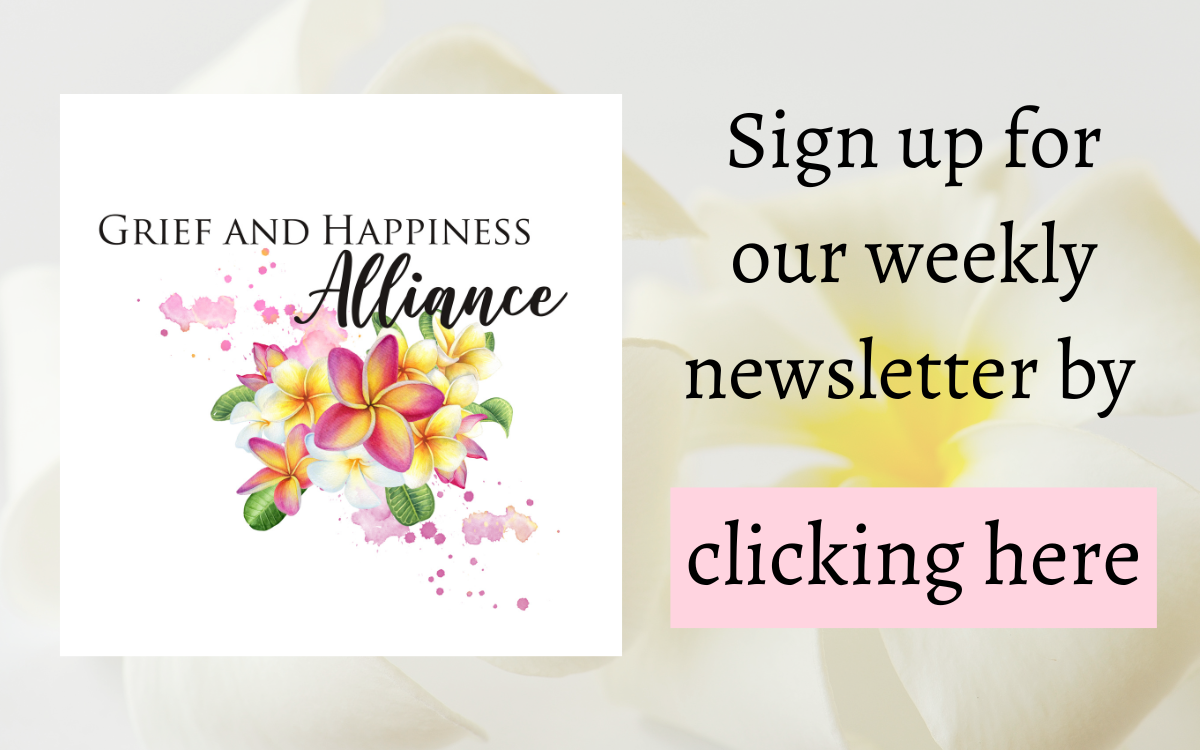
The week between Christmas and New Year’s, I always find myself looking back at the year that is ending. I reflect on my favorite things that happened, consider things I would like to have been better, and think about what I would like to be differently in the new year.
Loving and Living Your Way Through Grief was published in January. My Zoom book launch celebration was magical. I’m grateful that we did it online because so many friends were able to attend from far away who wouldn’t have been able to if it was on ground, even if it was in Maui! I am grateful for all the love and support expressed during the celebration, and for all the books we sold for the launch. Maybe we’ll celebrate my next book launch in Maui. Watch this space!
Because of the low enrollment at CSUB, I didn’t teach this year, so I was able to focus on getting the word out about my book. My intention in writing the book is to provide comfort, support, love, and happiness to all who read it, and to do that, people needed to know that it is available. I had heard about the commitment that M. Scott Peck made when he released his book The Road Less Traveled. He wasn’t well known, so he committed to doing interviews wherever he could every week. This worked. He has sold 6.5 million books worldwide. With that inspiration, I focused on being a guest on podcasts and doing radio and television interviews. So far, I have done over 100 including in places like Singapore, Germany, New Zealand, Canada, Spain, Australia, and more! And I’ve made lots of new friends along the way.
After Jacques died, I struggled to be positive. I found the bestselling book Happy For No Reason by Marci Shimoff and reading it changed my perspective. Jacques was such a happy, positive person, so I knew he wouldn’t want me to just stay sad. Marci’s book was wonderful and helped me to change my perspective on life. I discovered this year that Marci has an online program so that people can become Happy for No Reason Trainers. I realized that was what was missing in all I was doing to help people deal with grief and loss, so I took the program and I focus now on grief AND happiness in all I do. This opened even more opportunities.
I have been facilitating Writing Through Grief groups first at my home, then with the pandemic, I switched to online. The people who attend love what they learn and love meeting new friends who are also dealing with loss. We can go deep into our feelings and support each other. In contemplating how I could incorporate happiness into this, I was inspired to create the Grief and Happiness Alliance, an online group who meets weekly, writes together, learns happiness practices, and is full of new friends. Dear friends have come together to form an organization to support people dealing with grief and loss: The Grief and Happiness Alliance Nonprofit Organization. Their initial focus is on providing the financial support necessary so people can discover that comfort, support, love, and happiness that is my intention to provide with no charge to the participants. And now that we have started, we are coming up with many other ways to help people dealing with grief and loss. They are thrilled to take tax deductible donations in any amount.
This year I have also done so much with social media. Every week I send out a newsletter that contains my blog and news about podcasts I am featured on, seminars and conferences I am featured in online, and more. I am on Instagram, Facebook, LinkedIn, and Pinterest. In doing all this, I realized I needed a podcast on my own. So, I learned how to do that, launched my weekly podcast, Grief and Happiness in October, and have episodes recorded now all the way to March! I would love to have you listen, review, and follow the podcast which you can find on Apple Podcasts, Spotify, ACast, and other places podcasts are available. The people I talk to have amazing stories and inspiration to share!
My book is doing well and is available anywhere books are sold. Mango Publishing is doing a wonderful job of marketing the book. Loving and Living Your Way Through Grief has all 5-star reviews on Amazon. If you have read the book, I would love for you to rate it and review it on Amazon because the more reviews the book has, the more Amazon will feature it so more people can discover the book to help them find the comfort, support, love, and happiness they are searching for.
I am grateful for all the wonders of this year, many more than I could fit into this blog! I am thrilled to be doing the work I am doing. I know 2022 is going to be a great year with so many positive changes coming our way. I will be teaching at CSUB again starting in January. I am working on another book. I am looking forward to opportunities to speak and also to teach people how to be Happy For No Reason. And mostly I am looking forward to building relationships with friends and meeting new friends as we discover our best that is yet to be!
I encourage you to write a reflection of your 2021 and a forecast for your 2022.
I wish you unconditional love, especially for yourself, and much happiness in 2022!
You can join the Grief and Happiness Alliance which meets weekly on Sundays by clicking here: https://www.griefandhappiness.com/offers/ytK7eLBa
You can order Loving and Living Your Way Through Grief by clicking here at Amazon.
You can listen to my podcast, Grief and Happiness, here. https://podcasts.apple.com/us/podcast/loving-and-living-your-way-through-grief-with/id1509589686?i=1000535381763
I would be happy to put you on the reminder list for or Writing Together Through Grief occurring on Saturdays each week by sending an email to me to emily@lovingandlivingyourwaythroughgrief.com and giving me your email address.
Join my Facebook group here.





